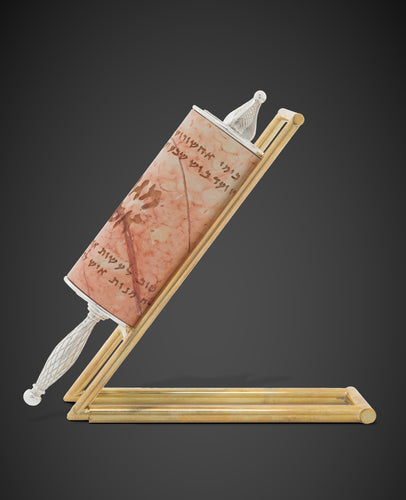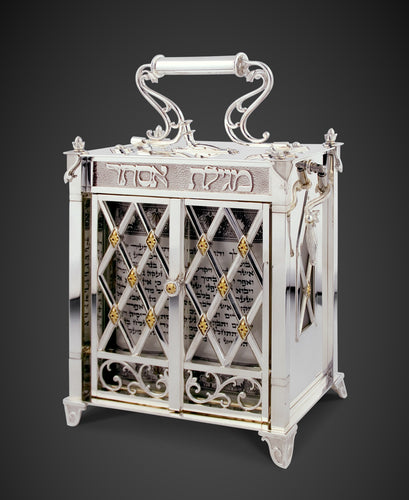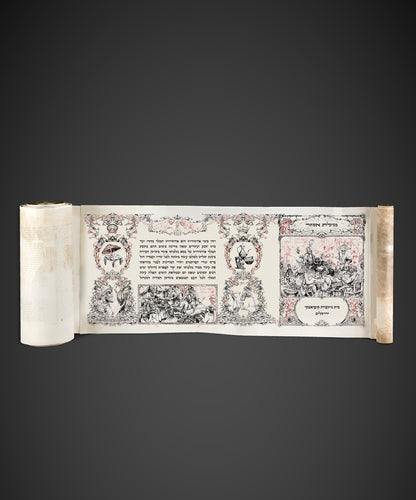Purim
Purim is celebrated on the fourteenth day of the month of Adar. Its historical
background is found in the Scroll of Esther. We celebrate God’s miracle, which
changed the fate of the Jewish people in the times of King Achashveirosh of Persia.
The Sofrim, the group of Sages that lived from the time of Ezra to the beginning
of the Tannaitic period, issued the ruling that the Megillah, the book of Esther,
must be read on the evening of Purim and again the next morning. It is because
the Megillah has been considered the equivalent of thanksgiving and praise that
Hallel, which is usually said on every festive occasion, is omitted on Purim. In other
words, the Megillah takes the place of the Hallel. It is also customary to disguise
oneself and put on masks and costumes. A festive meal is eaten during the day.
background is found in the Scroll of Esther. We celebrate God’s miracle, which
changed the fate of the Jewish people in the times of King Achashveirosh of Persia.
The Sofrim, the group of Sages that lived from the time of Ezra to the beginning
of the Tannaitic period, issued the ruling that the Megillah, the book of Esther,
must be read on the evening of Purim and again the next morning. It is because
the Megillah has been considered the equivalent of thanksgiving and praise that
Hallel, which is usually said on every festive occasion, is omitted on Purim. In other
words, the Megillah takes the place of the Hallel. It is also customary to disguise
oneself and put on masks and costumes. A festive meal is eaten during the day.





